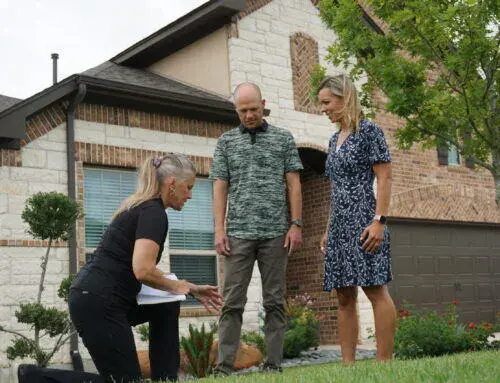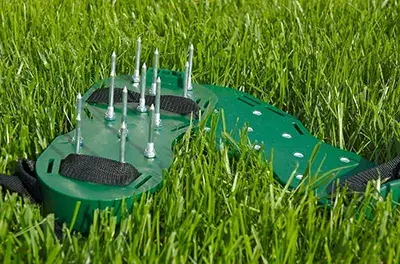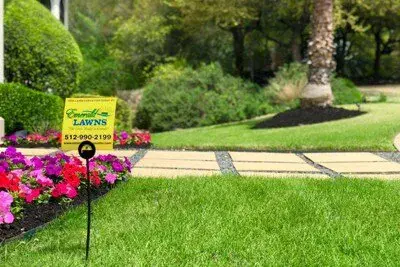 There are usually pros and cons to every decision you make in life—even scalping your lawn. Scalping is defined as the removal of an excessive quantity of leaf tissue at any one mowing, resulting in a stubbly brown appearance due to exposed stems, stolons, crowns, dead leaves and even bare soil. While scalping is not normally recommended for the warm season turfgrasses during the active growing season or prior to winter dormancy, it can be a beneficial cultural practice in late winter to early spring. Benefits from early season scalping prior to green-up include earlier spring green-up, control of some winter annual broadleaf weeds, and removal of some debris that could contribute to thatch accumulation. Scalping during the growing season will cause undue stress or potential injury to the turfgrass plants.
There are usually pros and cons to every decision you make in life—even scalping your lawn. Scalping is defined as the removal of an excessive quantity of leaf tissue at any one mowing, resulting in a stubbly brown appearance due to exposed stems, stolons, crowns, dead leaves and even bare soil. While scalping is not normally recommended for the warm season turfgrasses during the active growing season or prior to winter dormancy, it can be a beneficial cultural practice in late winter to early spring. Benefits from early season scalping prior to green-up include earlier spring green-up, control of some winter annual broadleaf weeds, and removal of some debris that could contribute to thatch accumulation. Scalping during the growing season will cause undue stress or potential injury to the turfgrass plants.
A more appropriate time to scalp warm season grass lawns is just prior to spring
green-up. Drop your mower cutting height down to ½ – 1 inch and begin mowing. It is an
excellent practice to remove old, dead plant material and to expose the soil to sunlight to
warm the soil for quicker lawn green-up. Scalping too early may injure the turfgrass by
exposing plant parts such as stolons and crowns to frost or extremely low temperatures.
If delayed until the grass is actively growing, scalping will result in turf stress and shock
the grass plant to the point that it slows growth until it can recover. Take caution to not
overdo scalping on lawns with heavy thatch—especially on St. Augustine grass. If the
active stolons (runners) are located in the upper portion of the thatch, scalping may
cause a tremendous amount of damage to these vital plant parts and result in turf injury
and even death.
Scalping creates a good bit of debris so it will be necessary to haul off all the old, dead
plant material that is removed during the scalping process. However, do not bag this
material and send it to the landfill. Landfills are not appropriate sites for disposing of yard
waste. Instead, use the debris in your own compost pile or send it to a city or
commercially owned compost site.
Scalping is a great cultural practice to help produce a strong, healthier stand of turfgrass
when done correctly. However, use caution when scalping your lawn so as not to cause
any injury or stress to the lawn.
Stay up to date with Austin lawn care at Emerald Lawns and current specials and like us on Facebook at www.facebook.com/




